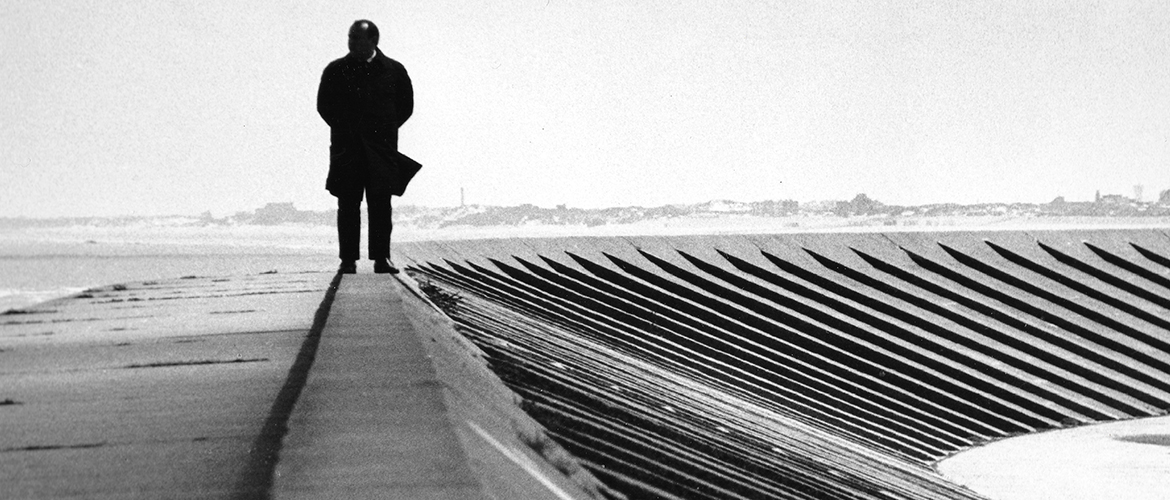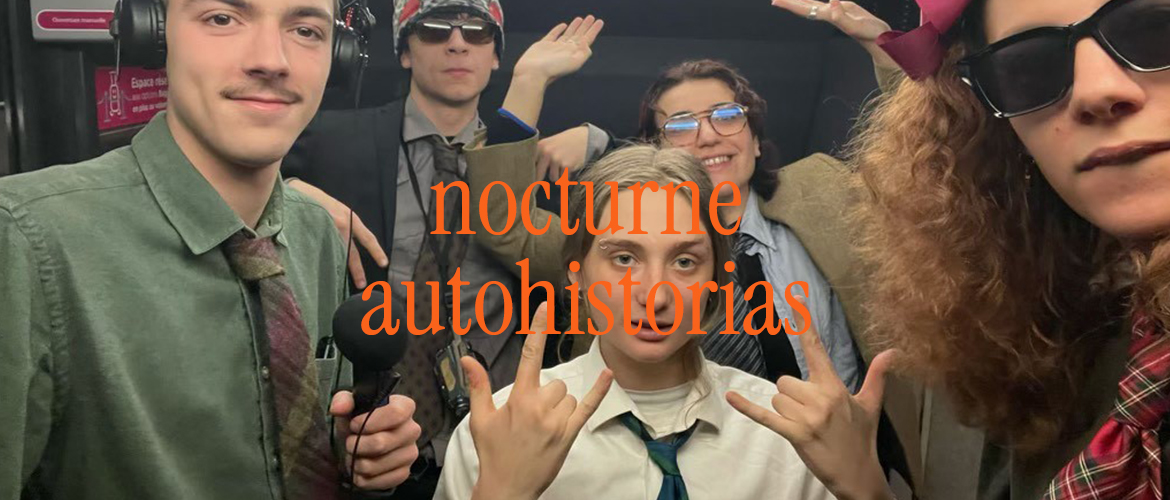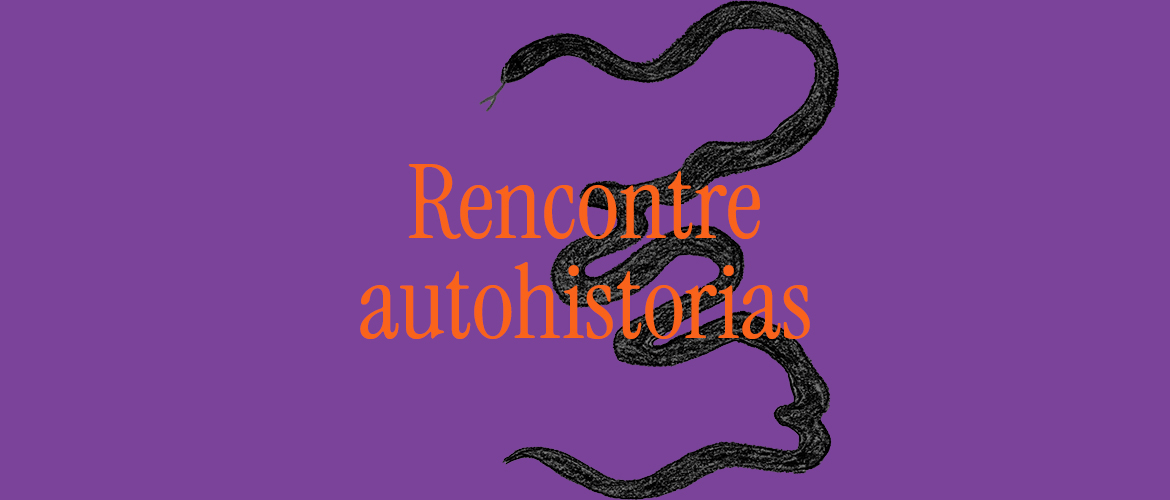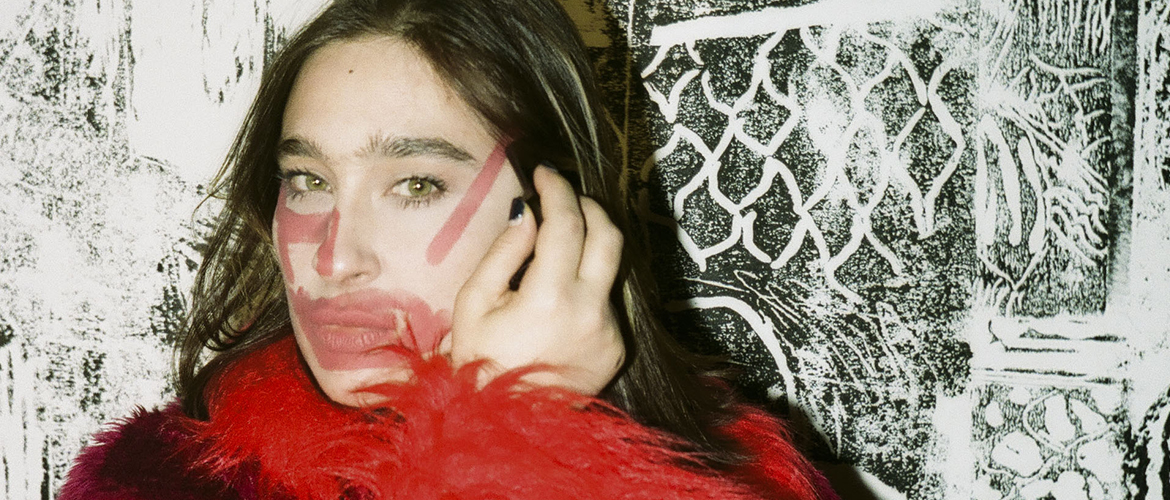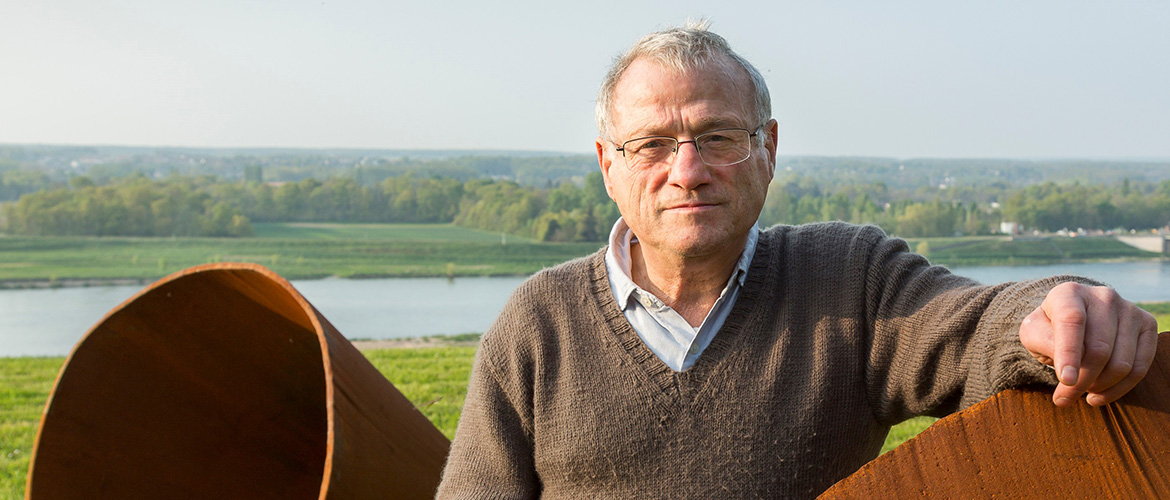"The end of the world is a concept without a future".
Paul Virilio, the great architect and philosopher who died in 2018, was the originator of dromology, the study of the role played by speed in modern societies. To mark the publication of 22 of his essays (published by Seuil), his daughter Sophie Virilio, architect Jean Richer, publisher Maria Vlachou and art historian Christian Joschke discuss accelerationist thinking.
The book La fin du monde est un concept sans avenir (The End of the World is a Concept without a Future) looks back over four decades (1976-2010) and describes a theoretical arc from the eyes of a child marked by the bombing of Nantes in 1943 to those of the philosopher who defined the aesthetics of disappearance. The world in the viewfinder is in perpetual acceleration, surprised by accidents, inhabited by war, hit by climatic and computer bombs, incarcerated in the communism of affects, obsessed with the conquest of real time and the erasure of distance.
Paul Virilio (1932-2018), an urban planner and philosopher, says that his two universities were war and art. Initially a painter and then a master glassmaker, he studied under Vladimir Jankélévitch, Louis de Broglie and Maurice Merleau-Ponty. He spent ten years working on the Bunker Archéologie project, which was exhibited at the CCI Beaubourg in 1975. In 1963, he founded the group Architecture Principe and the eponymous magazine. In 1968, he became a professor at the École spéciale d'architecture in Paris, where he taught for twenty-nine years. In 1972, together with the sociologist Jean Duvignaud, he founded the journal Cause Commune and contributed to the journals Esprit, Traverses and L'Autre Journal, among others. He published his first essay, L'Insécurité du territoire, in 1976. In 1990, he became programme director at the Collège international de philosophie under Jacques Derrida. His collaboration with the Fondation Cartier, which began with the exhibition La Vitesse (1991), continued until the end of his life, with Ce qui arrive (2003), Terre Natale, Ailleurs commence ici (2008-2009).
Paul Virilio is translated in 35 countries.
Sophie Virilio, a novelist and photographer working under a pseudonym, is Paul Virilio's daughter and sole heir. She works to disseminate her father's ideas through the annual journal Dromologie and the meetings, exhibitions and events to which she contributes, as well as providing support from her private fund.
Jean Richer is an architect and geographer. He campaigns for time to be taken into account in the process of transforming cities. Active in heritage conservation and urban research, he aims to turn grey ecology into a transformative practice for tackling the world's major changes.
Maria Vlachou is editor and director of foreign rights at Éditions du Seuil. She has worked with RMN, EHESS and PUF, among others. Since 2021, she has chaired the Commission extraduction de sciences humaines at the CNL. She has a doctorate in archaeology (EPHE) and specialises in architectural sculpture from the Hellenistic period.
Christian Joschke is an art historian with a particular interest in the relationship between art and politics and the history of photography. With Olivier Lugon, he founded the journal Transbordeur. Photographie histoire société, published by Macula, and co-directs the "Transbordeur" collection, also published by Macula. A professor at the Beaux-Arts in Paris, this year he is tackling accelerationist thinking with his students.
Penser le Présent is sponsored by Société Générale.
Amphithéâtre des Loges - 14 rue Bonaparte, Paris 6e
Free admission subject to availability
Follow the event live on Instagram and on D+7 as a podcast and on YouTube.
Photo credit: © Droits réservés
cover: Dunkerque and beyond, Virilio 5-7 June 1969
Michel Pamart, photo Fonds S. Virilio
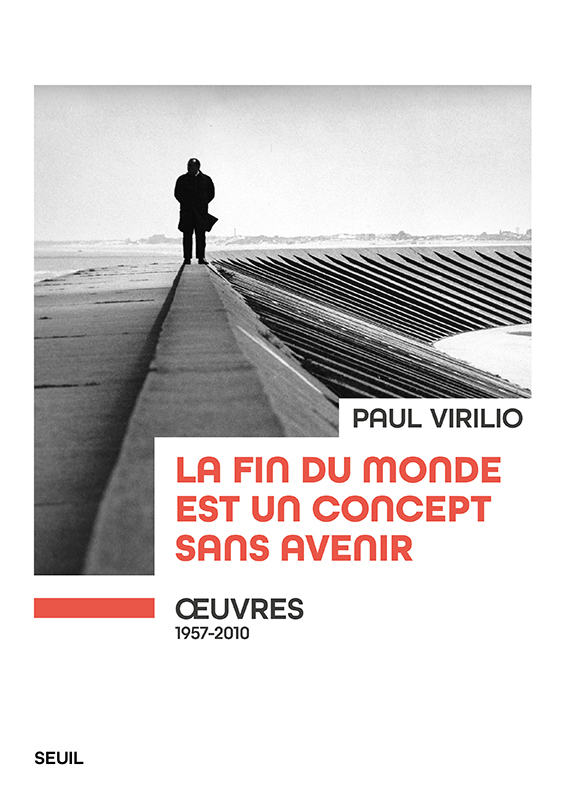
Dunkerque et dessus, Virilio 5-7 juin 1969 © Michel Pamart, photo Fonds S. Virilio


